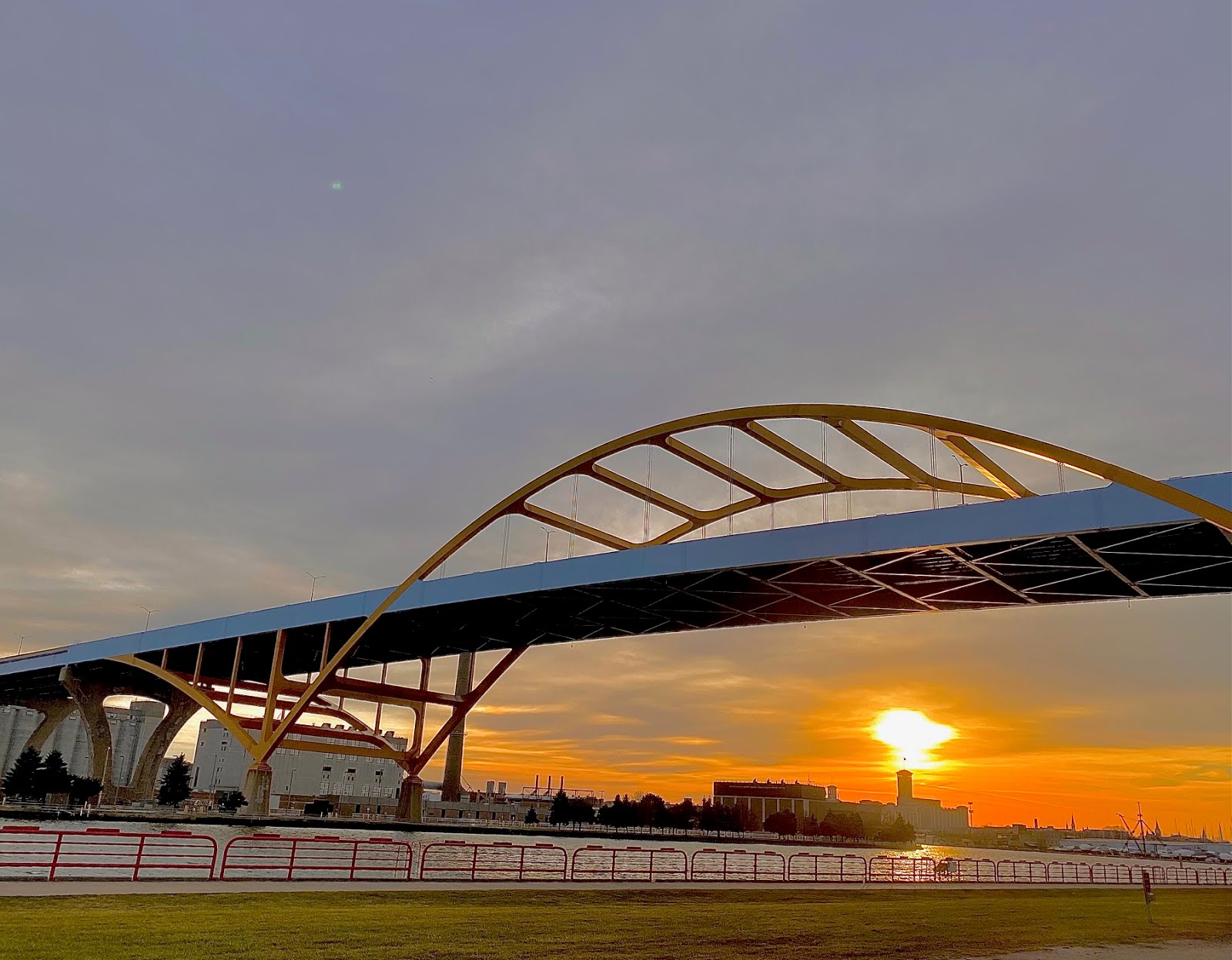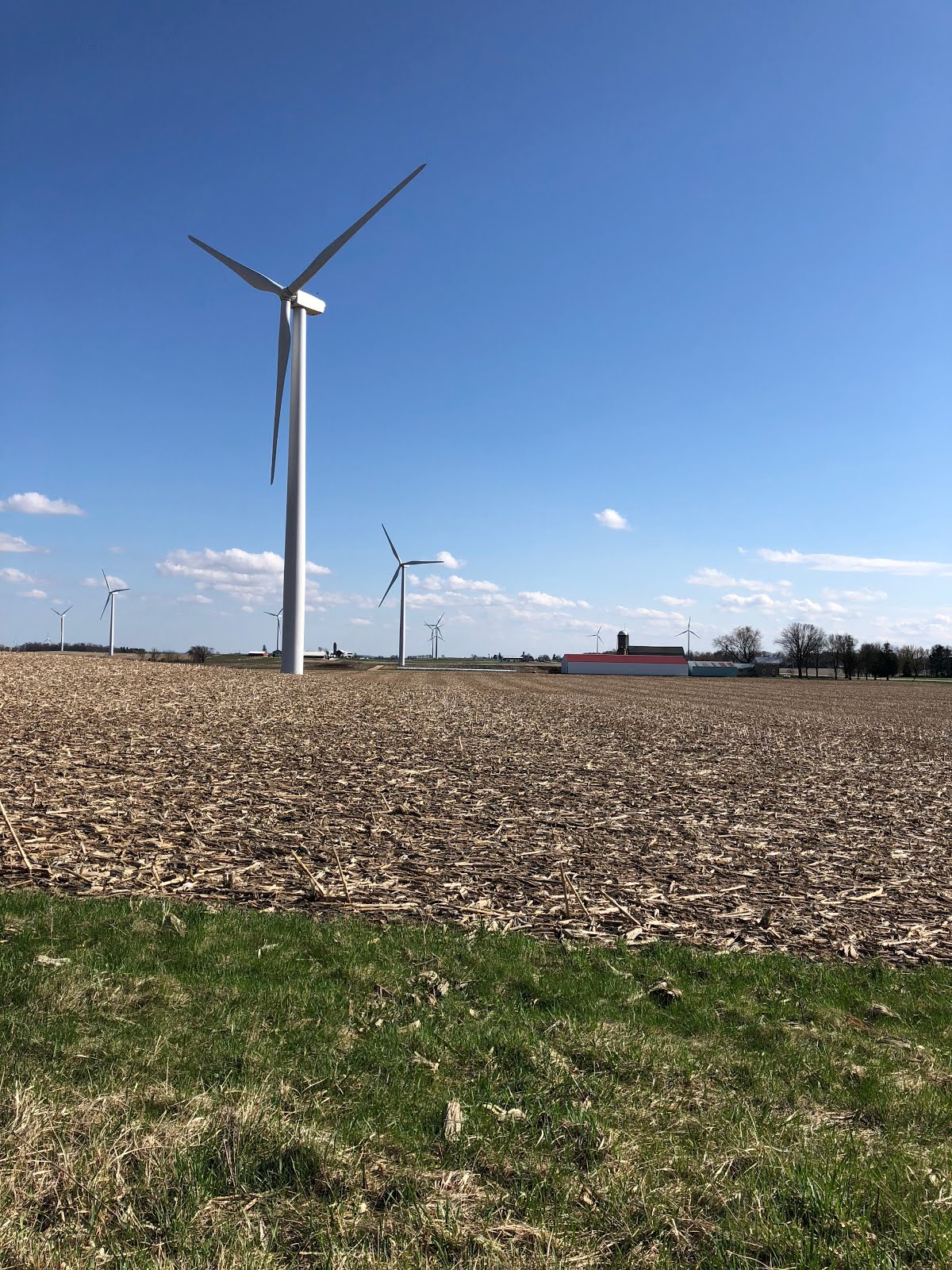Sen. Johnson? Houston and Florida are on line 1
You might want to peruse these recent news stories:
* From Bloomberg news:

had a few words of encouragement for people fearing or already experiencing climate change in, say Houston or the Florida Keys:
* And, finally, Johnson ought to pay a little more attention to the bigger picture in his home state/our state:
* From Bloomberg news:
America’s Great Climate Exodus Is Starting in the Florida Keys
Mass migration begins as coastal homes are bulldozed in the state facing the biggest threat from climate-driven inundation.* From the Houston Chronicle in that flood-weary-and ravaged city, Anerica's 4th largest:
Repeat flooding has residents asking: Is Houston worth it?
A Rice University study published earlier this month found that nearly 20 percent of flood victims surveyed in the wake of Hurricane Harvey reported post-flood PTSD, depression and anxiety....
And while young people in Wisconsin and worldwide were demanding climate change action - - and as I noted earlier today - - Wisconsin GOP Senator and Oshkosh plastics magnate Ron "Sunspots" JohnsonHarvey was the third “500-year” rain event to hit Southeast Texas in three years. This week, Tropical Storm Imelda also earned that distinction, as some areas received more than 40 inches of rain, paralyzing the area as highways morphed into parking lots and first responders performed more than 2,000 rescues Thursday alone. And many residents are now asking themselves: Is Houston worth it?

had a few words of encouragement for people fearing or already experiencing climate change in, say Houston or the Florida Keys:
However, elected officials such as Sen. Ron Johnson question climate change fears.
"The world isn't going to end in a dozen years," Johnson said. "I'm not an alarmist. I would much rather spend our dollars adapting to something that I don't think we can prevent anyway....what can you really do about it?"* Given that people are telling media that a warming, wetter climate is making it impossible to live in Texas and Florida, Johnson may want to rephrase this glib talking point:
Wisconsin Sen. Ron Johnson Downplays Climate Change
Says ‘mankind has actually flourished in warmer temperatures’
“How many people are moving up toward the Antarctica, or the Arctic?” he asked. “Most people move down to Texas and Florida, where it’s a little bit warmer.”* Johnson chairs the Senate Homeland Security committee which is purportedly reacting to and planning for more refugees at the US Southern Border, but he seems unaware that climate change-spurred hunger and drought has caused the mass exodus of Guatemalens to the US Southern Border.
* And, finally, Johnson ought to pay a little more attention to the bigger picture in his home state/our state:
Series: EXTREME PRECIPITATION AND WISCONSIN'S CLIMATE
Climate change is already beginning to affect Wisconsin in subtle but important ways. As the average global temperature creeps upward, climatologists have projected that the upper Midwest will experience heavier precipitation. This shift means not just a greater volume of water in the form of rain or snow, but also more intense storms happening more frequently.
While climate change on its own isn't necessarily the culprit behind a given storm, its effects can intensify existing weather patterns and make long-running climatic cycles more unpredictable.
While researchers work to understand how climate change interacts with seasonal cycles like El Niño and how human activities affect the outcome of catastrophic floods, communities across the state face new challenges protecting people, infrastructure and their economy.An example:
Will CushmanWisContextAug. 15, 2019









No comments:
Post a Comment